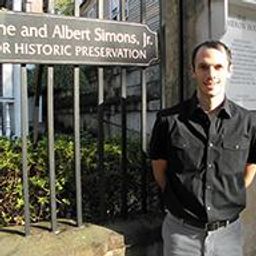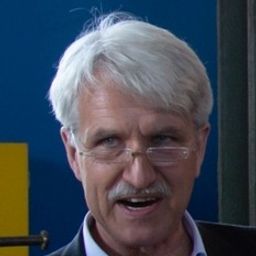Explorations in the Preservation of Coal Mining Heritage Areas V
My Session Status
During the Industrial Revolution coal was the most important energy source for both homes and industries. At the time, coal mining created strong regional industrial identities and mentalities, as well as industrial images and imaginaries in the eyes and minds of external observers. Such identities and ideas of coal would go on to shape industrial landscapes and communities.
The papers presented in this session investigate the social and economic changes that were triggered by transformations within the energy market and de-industrialization processes from international and comparative perspectives. Against this background the session will discuss strategies and concepts of (re)-valuation in former mining areas. The industrial heritage will be reconsidered in a broader sense, i.e. in the context of the specific post-industrial landscape and new cultural tourism.
Sub Sessions
At the Hannover coal mine in Bochum (Germany), a former Krupp plant and now a site of the Westphalian Museum of Industry, one of the few pit ventilation systems of the Ruhr mining industry from the time before the World War II is preserved. Loads and damages from the operating time as well as an improper repair 30 years ago are responsible for a number of heavy damages, which must now be repaired if this important technical monument is to survive. Description of the technical monument: Th...
Coal mining is an industry that used to elicit intense emotional, political and cultural memories, having played a huge role in the industrialisation and evolution of so many countries. Today, however, mining in many regions has already ceased, is in the process of closing down or is enduring substantial contraction. In the process, it is rapidly receding from memory as new generations of younger people move on and those who once worked in the indus...




